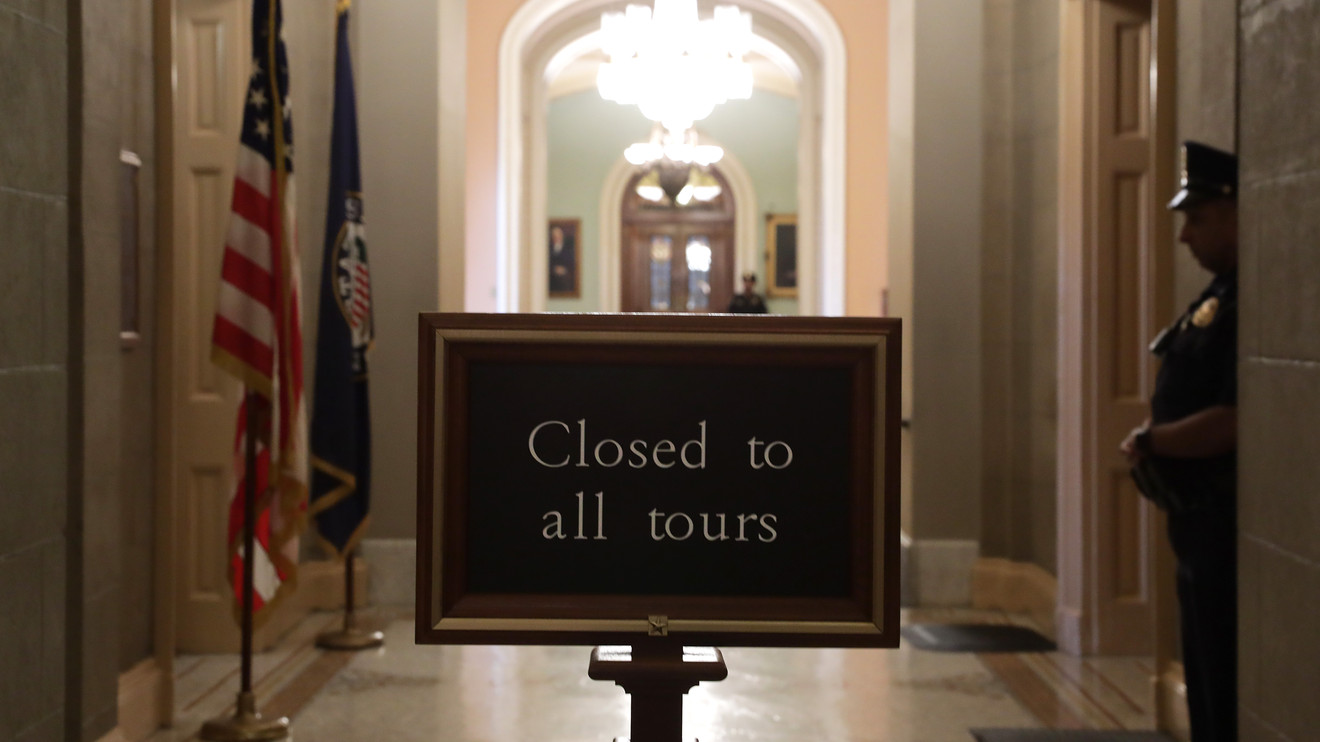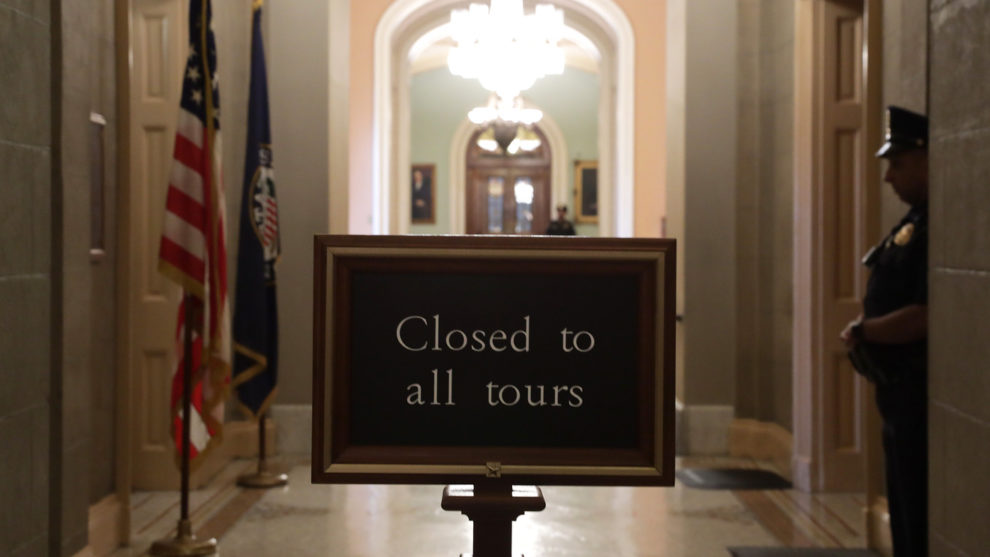
The Republican-led U.S. Senate appeared on track to pass a bipartisan coronavirus bill around the middle of this week, after the Democratic-controlled House voted overwhelmingly for the legislation on Saturday and President Donald Trump threw his support behind it.
At the same time, Senate Majority Leader Mitch McConnell, the Kentucky Republican, and House Speaker Nancy Pelosi, the California Democrat, both have signaled that lawmakers in each chamber are working on broader stimulus measures that could aid Americans facing financial problems because of the pandemic as well as provide a boost to small businesses and other sectors of the economy.
The Trump administration, for its part, is expected to call for a stimulus package of up to $850 billion that involves a payroll tax cut and aid for airlines, according to published reports.
Senate Minority Leader Chuck Schumer, the New York Democrat, said Monday that he would propose a $750 billion aid package that would get money directly to Americans as well as fund emergency child care, help schools with remote learning and more. Republican Sen. Mitt Romney of Utah said Washington should send $1,000 checks to each American, echoing other lawmakers and some economists who have advocated for that approach.
“Trump’s plan focuses on economic assistance, rather than purely public-health focused approaches,” Height Capital Markets analysts said in a note. “Those priorities occasionally cross paths with Democratic priorities, including a focus on small businesses, but in general they skew more toward what we expect will form the core of an economic stimulus — tax cuts, loans, or even direct payments to impacted industries such as hospitality and the cruise industry.”
Related: Airlines in talks to get up to $50 billion in government aid
And see: Boeing in talks with government on financial aid
In the case of the House-approved bill, Democratic leaders have made what they billed as a technical correction to it this week, though a Wall Street Journal report said it meant a reduction to a paid-leave program. The bill is aimed at providing paid leave for people affected by the novel coronavirus causing the disease COVID-19 and free testing for the disease, among other measures. McConnell last week said the Senate wouldn’t go on a scheduled break this week so that it could vote on the measure, known as the Families First Coronavirus Response Act, while the House has gone on recess after its vote.
“The Senate is set to vote on the House-passed coronavirus bill (H.R.6201) this week, though not until the middle of the week,” said Height’s analysts.
“There is a risk that the Senate could look to make alterations to the House bill, though we expect that the pressure to act rapidly and the bipartisan nature of the current text will reduce the likelihood of changes,” the Height team added. “If changes are made, the House would need to wait until March 23rd to address them, when they return from the current recess period.”
But it also looked likely that House members wouldn’t get back to work on March 23 as scheduled. House Majority Leader Steny Hoyer, the Maryland Democrat, reportedly told lawmakers on Monday that they could be on break longer than planned, staying home until it was time to vote on the next coronavirus-related bill.
McConnell said in a tweet on Sunday that he had spoken with the heads of key Senate committees about taking further steps to “directly help Americans” as well as “secure our nation’s economy, particularly Main Street small businesses.” Meanwhile, Pelosi said in a letter on Sunday that she and her colleagues “have already begun work to develop a third emergency response package that will continue to put Families First.”
Federal Reserve Chairman Jerome Powell on Sunday stressed that it’s the role of Congress and the Trump administration to help businesses or workers who are hurt by the broad shutdown of normal day-to-day activity, as the central bank cut its benchmark interest rate to zero.
Trump declared a national emergency on Friday because of the novel coronavirus causing the disease COVID-19 that has spread world-wide, in a development that frees up additional federal aid to combat the epidemic. The president and other G-7 leaders on Monday said in a joint statement that they would use all fiscal and monetary-policy tools to support workers and companies most affected by the pandemic.
U.S. stocks SPX, -0.12% DJIA, -0.87% closed sharply lower Monday and have been hammered repeatedly this month by coronavirus-related worries.
div > iframe { width: 100% !important; min-width: 300px; max-width: 800px; } ]]>









